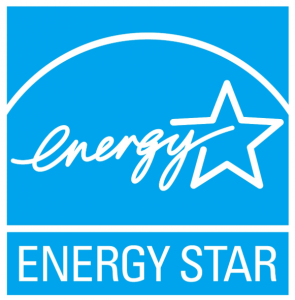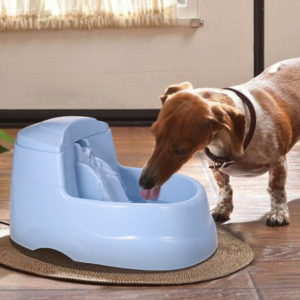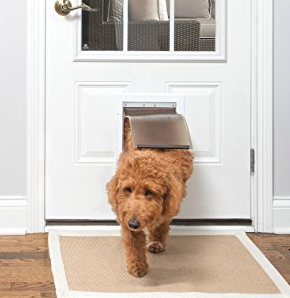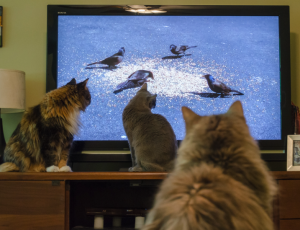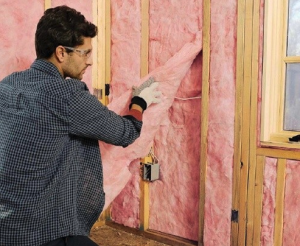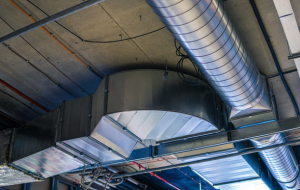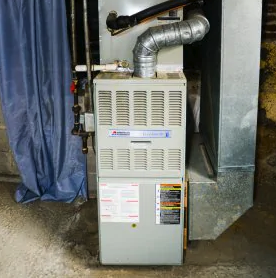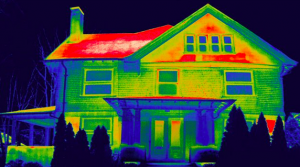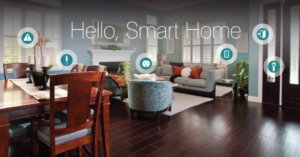What does the Energy Star Logo Mean?
You’ve seen this logo everywhere! On washers and dryer; on dishwashers and refrigerators; on TV’s and computers; on air conditioners and furnaces. But, what does it mean? Energy efficiency is something that every homeowner or building manager cares about. Whether you’re just paying your utility bills at home or you’re running a business, no one wants to pay more on bills than they actually need to. That’s why energy-efficient appliances and practices can yield some pretty sizable savings.
One phrase you might have read about or heard of is “Energy Star” or even “Energy Star rated.” But do you know what that means? What does the Energy Star logo signify when its placed on a product?
Energy Efficiency Matters
Energy Star and the associated logo is an international standard for energy usage. An Energy Star rating means that an electronic product, industrial practice, or even residence or commercial building has been evaluated according to rigorous energy usage and waste standards, and it was found to meet the high criteria for being energy efficient.
So what does this mean to you? It means that if you buy a home or start a business in a new building that has been Energy Star rated, you will be keeping your energy waste to an absolute minimum. Subsequently, it also means that you will not be paying more than you have to on bills, such as on heating.
Energy Star rated products are designed to be efficient about using electricity. Energy Star industries follow specific practices to ensure that their total energy usage does not exceed certain quotients that would be deemed wasteful for the activities required. Reduced waste means reduced costs, and it’s also better for the environment!
Energy Savings in Your Home or Business
For people who want to reduce energy costs, Energy Star rated devices and structures should be the ones you consider. In some cases, a home or business owner may even get a rebate from the government once they confirm that they have purchased and installed an Energy Star appliance, such as a new furnace, in their building.
The Energy Star program is strictly voluntary. It has the participation of the Canadian government as well as different manufacturers, organizations, and for-profit and non-profit groups. When you notice the Energy Star logo on a product or a building, you already know that it’s going to be energy efficient and reduce energy costs for you.
Trust Our Energy Star Products to Reduce Energy Costs
We supply Energy Star rated products to our customers! So you’ll never have to worry about a new HVAC system costing you more than it should when it comes to your heating or cooling bills.
In fact, a new furnace or air conditioner will quickly pay for itself in reduced utility bills!
If you’re thinking of upgrading your home for more comfort and greater energy efficiency, then contact us. With our expertise at installation and our range of Energy Star rated products, you’re guaranteed reliable energy savings no matter what appliance you choose. Contact us today for more information and begin reducing energy costs!

